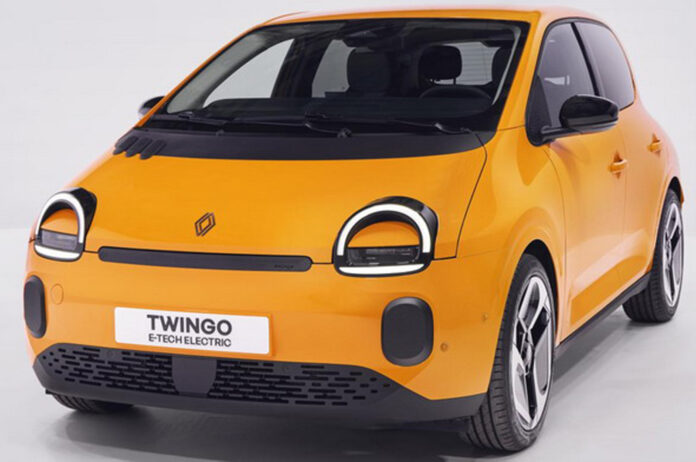A key selling point for the new Twingo will be its sub-£17,000 starting price, which is part of a brief to create a “fit-for-purpose urban vehicle with no compromise”.
Notably, this undercuts the old Twingo Electric’s starting price of €21,350 (£18,624) in 2021. This variant was introduced during the model’s third generation but was never sold in the UK.
Its pricing will position it just above the £14,995 Dacia Spring and £15,995 Leapmotor T03 – the two cheapest electric cars on sale in the UK today – in a growing A-segment that will later be supplemented by the Volkswagen ID 1, Kia EV1 and a Nissan-badged variant of the Twingo.
Twingo: made in just 21 months
A sub-£17,000 electric city car is important to Renault’s growing EV ambitions, but the way it has been developed is also highly significant for the French firm. From green light to showroom, the Twingo will have taken just 21 months. For context, the current Clio took 48 months.
That drastic reduction in development time is being championed by Renault Group CEO François Provost, who took over the post vacated by Luca de Meo at the end of July. Provost has vowed to continue cutting development times as part of “an obsession with competitiveness”.
The Twingo is vital to this plan, he said, because the processes used to get it to the cusp of production will be the blueprint from now on. The firm sees this approach as essential to keep pace with an increasingly competitive market, especially with car makers from China.
Production costs will also be an important factor in bringing down the Twingo’s showroom price. Provost’s predecessor claimed the hatchback will cost 50% less to produce than a new C-segment SUV, due to a reduction in materials and the increased focus on a software-driven platform that requires fewer parts and materials.
Key to this will be the work done by Ampere, which was launched last year as a stand-alone, Europe-based company within the Renault Group. Ampere’s focus is to achieve price parity between EVs and ICE vehicles by, among other things, reducing variable costs in Renault’s production processes.
